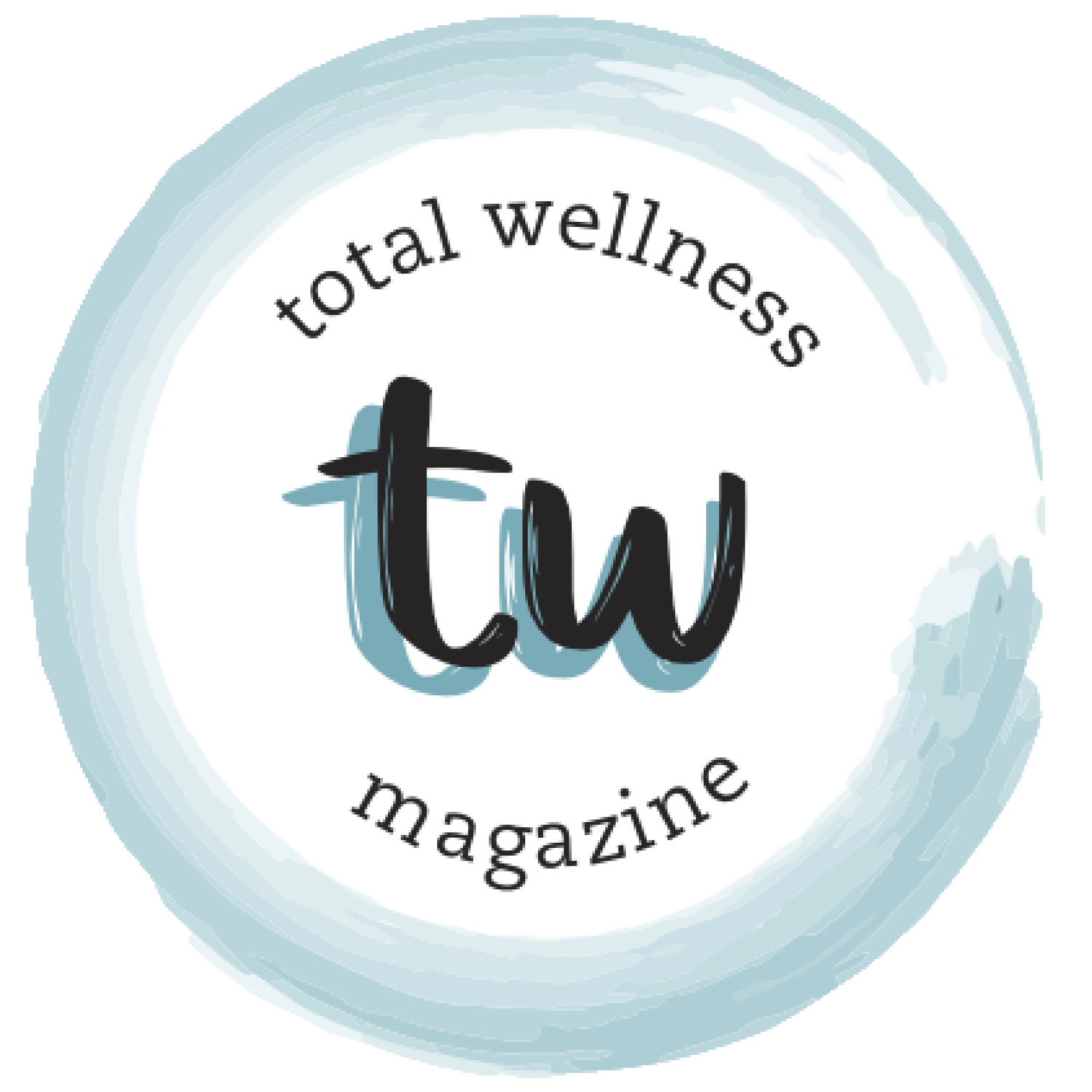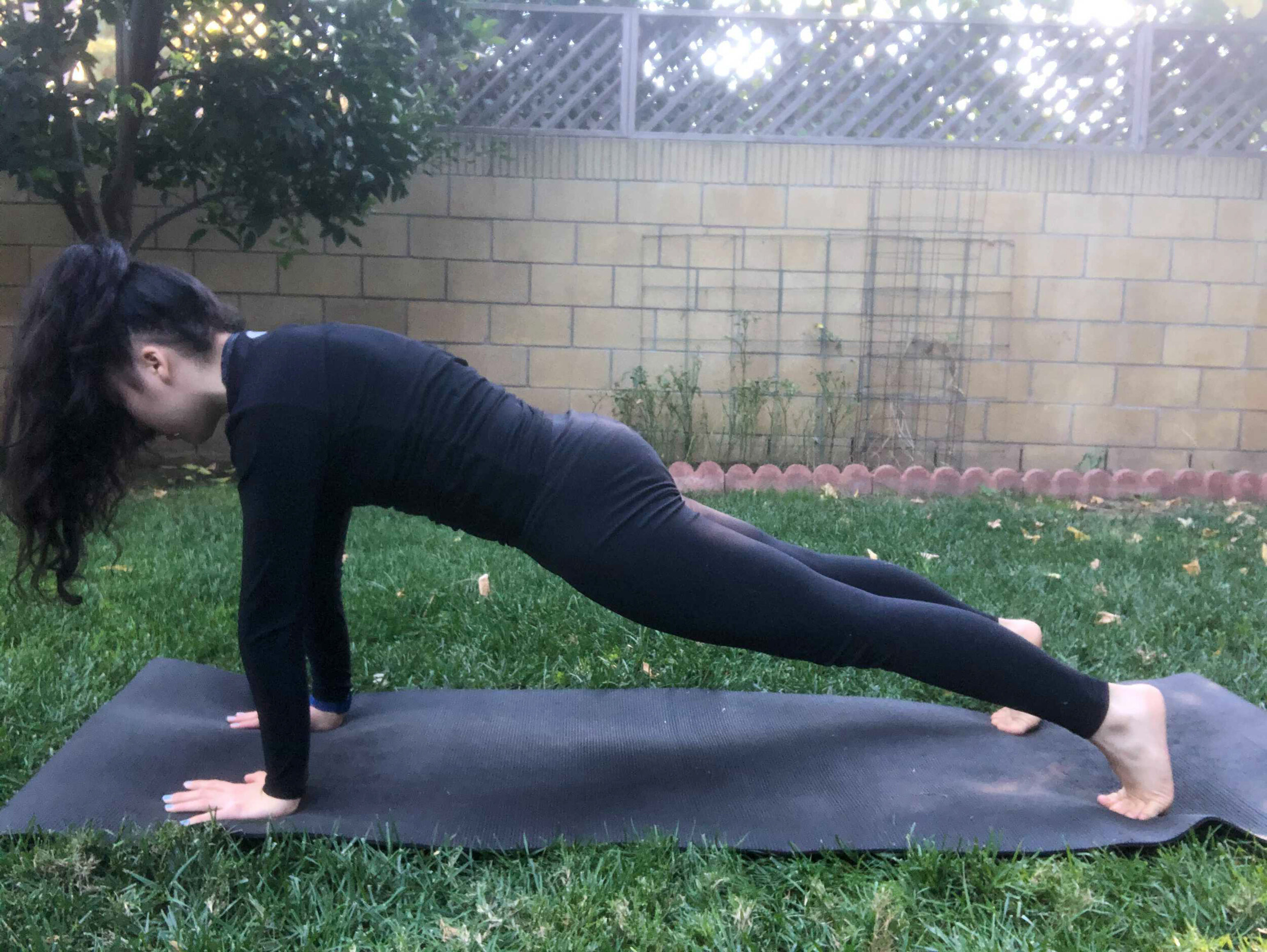7 Stretches to Make Your Spine Smile
In a flash, COVID-19 has impacted the “normal” process of learning by shifting in-person classes and traditional workspaces to a fully remote environment. This unprecedented move has forced everyone—students, faculty, and staff—with the odd task of sitting behind a computer screen for long hours.
Lack of equipment and its impacts
A study published in the International Journal of Environmental Research and Public Health suggests that the lack of proper furniture, such as a desk and back supporting chair, prevents development of a suitable posture. [1] In their study, researchers found that flawed at-home workspaces “promote the onset of musculoskeletal disorders.”
Results from a national survey showed that during quarantine, lower back pain increased in 21% of individuals, and this pain was traced back to at-home working. [1] Understanding these changes is key to maintaining mobility and to turning our spines’ frowns upside down.
Repercussions for long periods of time
You start your Zoom sessions at 9:00 am and finish them at around 4:00 pm. During this time period, you might only shift from sitting in your bed to sitting at the kitchen table. But what you don’t notice is that you have been hunching your shoulders and crouching in an awkward position all day.
Office workers are at risk for lower back pain when sitting for more than seven hours a day. [1] Unfortunately, with COVID-19, sitting for long periods of time has become the new normal. In a survey study consisting of Iranian office workers, those sitting for 6.3 to 8 hours suffered from neck, shoulder, and back pain. [2] Long story short, having good posture will reduce the risk for musculoskeletal pain.
Promoting healthy body posture
In order to correct poor posture, one must first assess their own habitual posture patterns. [3] Through self-awareness, it is possible to make strides in reducing posture-related back pain.
Boev Clinic for physical therapy states that lack of activity in one’s routine may be the main source of back pain [4]. Performing stretches can improve circulation, spinal mobility by keeping muscles strong and flexible, and can act as a relaxing mechanism. [4]
7 back stretches to try
Cat-cow stretch
The cat-cow stretch exercises the spine, but it also “relieves tension in your torso, shoulders, and neck while promoting blood circulation.” [5]
How to do this:
Place your hands and knees on a flat surface with your back straight.
Look up while pushing your abdomen downwards to extend your spine.
Arch your spine towards the ceiling and tuck your chin inwards toward your chest.
Repeat steps 1 through 3 for one minute.
High Plank
The dreaded plank is actually more beneficial than you think! This exercise not only provides a great stretch, but it also strengthens your shoulders, glutes, and hamstrings. [5]
How to do this:
Lay face down and lift your legs, arms, and hips.
Straighten your spine and engage your core so that it is tight.
Hold this pose for a minute, making sure that your head is oriented perpendicular to the ground.
Side Plank
The side plank promotes healthy muscle alignment for your spine and legs. [5]
How to do this:
Start in a high plank position.
Shift your weight to the left, bring your left arm to a 90 degree bend, lift your hips, and stack your ankles.
Position your right arm on your right hip.
Align your body and make sure it is straight and all your muscles are engaged.
Hold this pose for 30 seconds and repeat on each side.
Child’s pose
With the child’s pose, all you have to do is relax and stretch those muscles. [4]
How to do this:
Begin by kneeling on the floor.
Sit back towards your heels and extend your arms forward.
Extend your arms forward and lay your palms flat on the floor.
Stay in this position for 5 minutes.
Thoracic spine rotation
This next stretch can be performed anywhere—whether it be on the floor or in your bed! This move relieves tightness while promoting stability and mobility. [5]
How to do this:
Lay down on your left side with your legs at a 90 degree angle.
Straighten your hands and stack them on top of each other.
Take your right arm and lift it slowly towards the ceiling and take it as far back as you can.
Place it back down to the original position.
Repeat these steps for a minute on each side.
Knee-to-chest
Hugging yourself is essentially what this next stretch is asking you to do. Aside from giving yourself some love, this stretch can help relieve tension in your lower back. [6] Sounds like a win-win, right?
How to do this:
Lay on your back with your knees bent and your feet flat on the ground.
Interlace both of your hands and grab your left knee.
Keep your right foot flat on the floor.
Pull your left knee towards your chest and hold for 30-60 seconds.
Release your knee and return to the original position.
Repeat this process with your right leg.
Repeat 3 times for each leg.
Trunk rotation
The trunk rotation relieves tension in the lower back and engages core muscles in your pelvis, back muscles, and abdominal region. [6]
How to do this:
Lay down on your back and bring your knees to your chest as if you were sitting in a chair.
Extend your arms to your sides with your palms facing down.
Keep your knees together and slowly rotate them to your left side.
Hold this position for 15-20 seconds.
Return to the starting position and repeat on the right side.
Repeat on each side for 5-10 times.
The bottom line
There have been numerous sudden changes that we all have had to make this past year, be it social, personal, or professional. These lifestyle changes could fuel us to understand how we can improve our quality of life during the pandemic. Recognizing one’s unhealthy posture habits and correcting them is a step in the right direction to bolstering health and wellness. These simple stretches, when performed consistently, will make your spine smile (and hopefully make you smile, too).
Check out 7 Ways To Sleep Better Even with Severe Lower Back Pain for more information on how to deal with back pain.
References
"Characterization of Home Working Population during COVID-19 Emergency: A Cross-Sectional Analysis.” International Journal of Environmental Research and Public Health. (2020).
“Adverse Effects of Prolonged Sitting Behavior on the General Health of Office Workers.” Journal of LifeStyle Medicine. (2017).
“Postural awareness and its relation to pain: validation of an innovative instrument measuring awareness of body posture in patients with chronic pain.” BMC Musculoskeletal Disorders. (2018).
“Simple Stretches To Increase Spinal Mobility.” boevclinic.com. (n.d.).
“12 Exercises to Improve Your Posture.” healthine.com. (2020).
“8 Simple Stretches to Relieve Lower Back Pain.” healthline.com. (2019).














